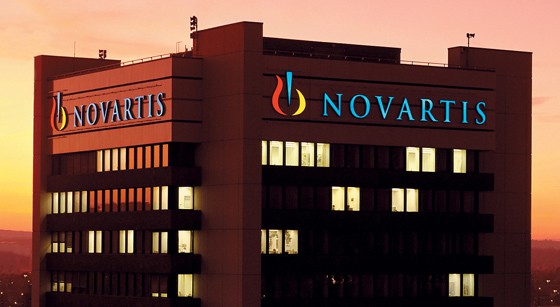
A phase III trial of Novartis’ secukinumab has showed the antibody is more effective than Amgen/Pfizer’s blockbuster Enbrel in the treatment of plaque psoriasis.
The FIXTURE trial compared secukinumab (AIN457) to Enbrel (etanercept) in more than 1,300 patients and found that Novartis’ drug met all outcome measures and outperformed its rival on two key efficacy scales – PASI 75 (Psoriasis Area and Severity Index 75) and the Investigator’s Global Assessment (IGA mod 2011) – after 12 weeks of therapy.
Secukinumab was given subcutaneously at a dose of 150mg or 300mg per week for five weeks, followed by 150mg administered once per month. Enbrel is typically given as a 50mg subcutaneous injection twice a week initially, then 50mg once per week.
Enbrel is the leader among therapies for moderate to severe plaque psoriasis, with a 32 per cent share of a market that was valued at around $4.5bn in 2011 by Datamonitor.
Behind Enbrel, AbbVie’s Humira (adalimumab) presents a strong competitor, racking up an estimated 29 per cent share of the market in 2011.
Both Enbrel and Humira are tumour necrosis factor (TNF) inhibitors, while secukinumab works by blocking the pro-inflammatory cytokine interleukin-17a (IL-17a).
In that respect its closest competitor n the market is not so much Enbrel and Humira as Johnson & Johnson’s psoriasis drug Stelara (ustekinumab), an anti-IL-12 and IL-23 antibody which was launched in 2009 and grew strongly last year to top $1bn for the first time. Stelara has also outperformed Enbrel in a pivotal trial.
Tim Wright, global head of development at Novartis, said: “With 40 to 50 per cent of people living with moderate-to-severe plaque psoriasis dissatisfied with their current therapies, there is clearly an unmet medical need for new therapies that act faster and longer to relieve pain, itching and other symptoms.”
Full results from the secukinumab phase III study programme, claimed to be the largest undertaken in moderate-to-severe plaque psoriasis to date, are expected to be presented at major medical congresses later this year.
Meanwhile, Novartis is developing the drug not only in psoriasis but also rheumatoid arthritis, ankylosing spondylitis and multiple sclerosis, although a trial in Crohn’s disease reported last year failed to show efficacy.




